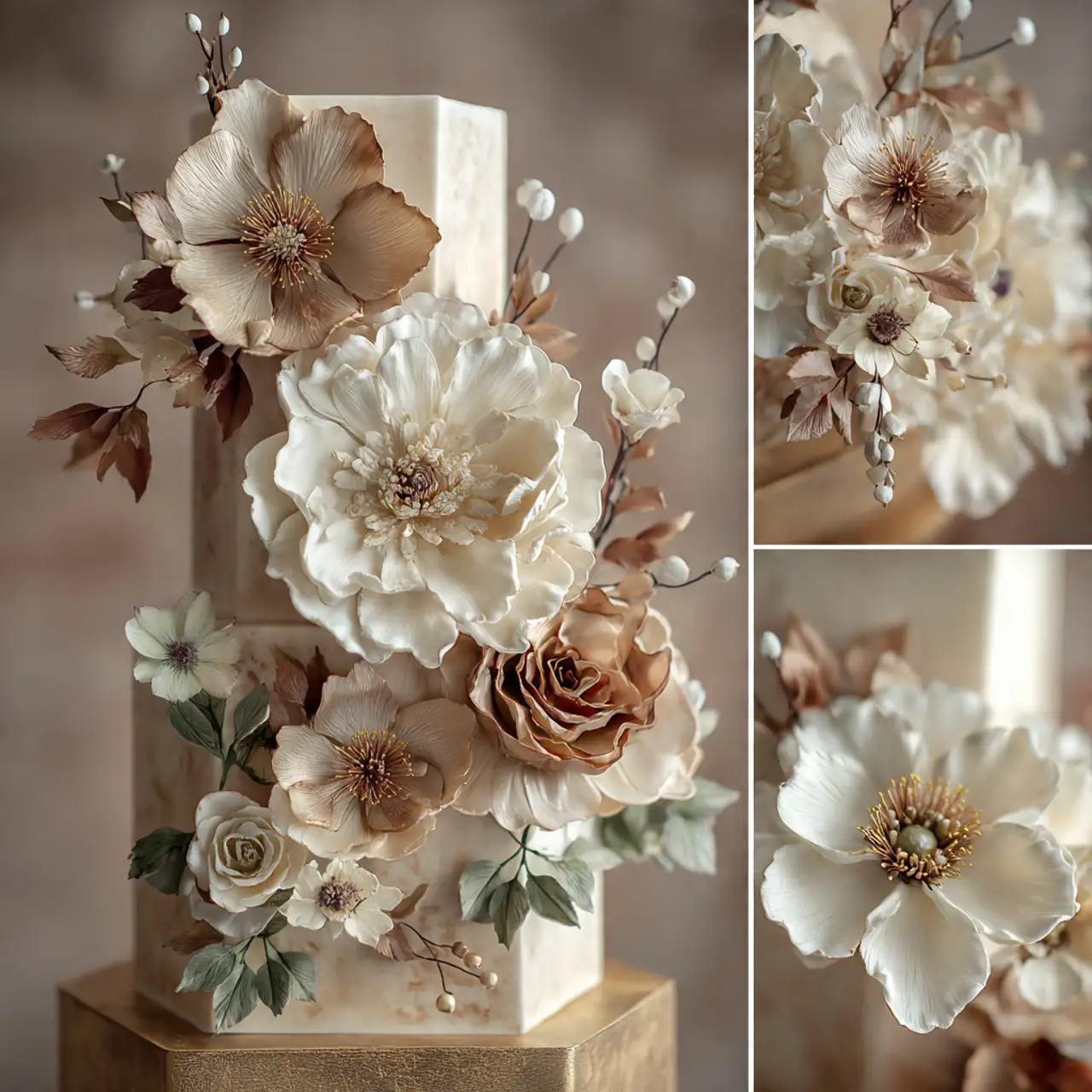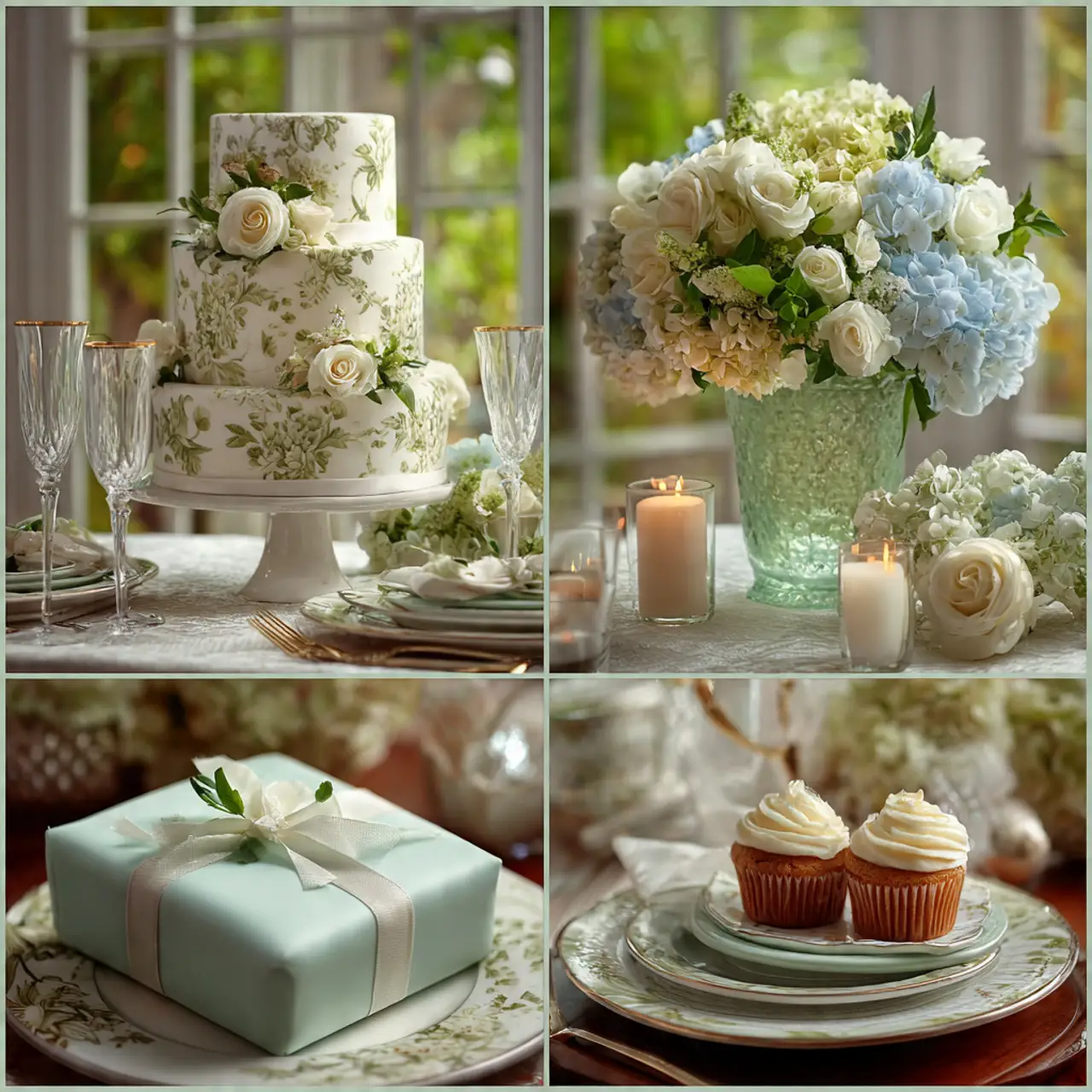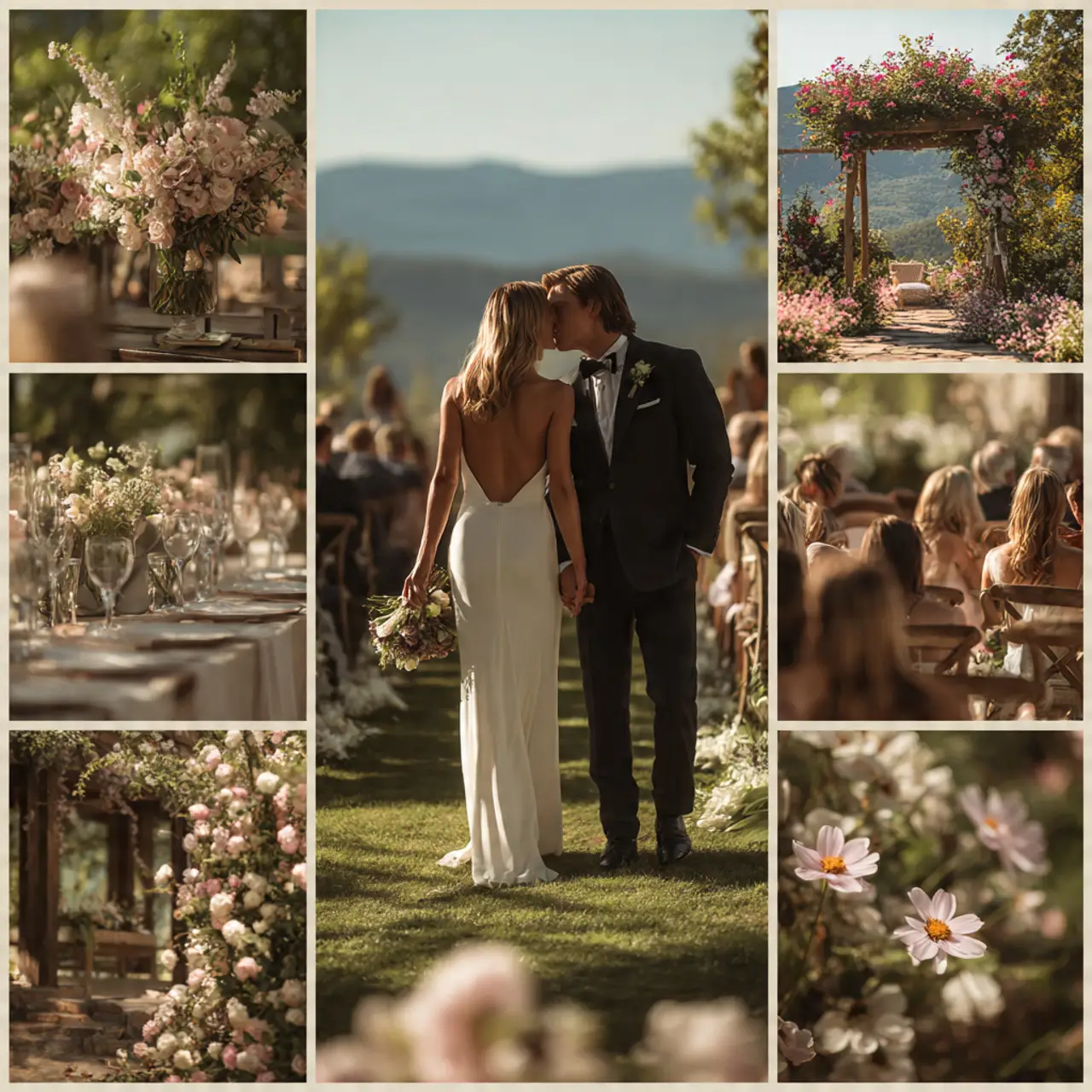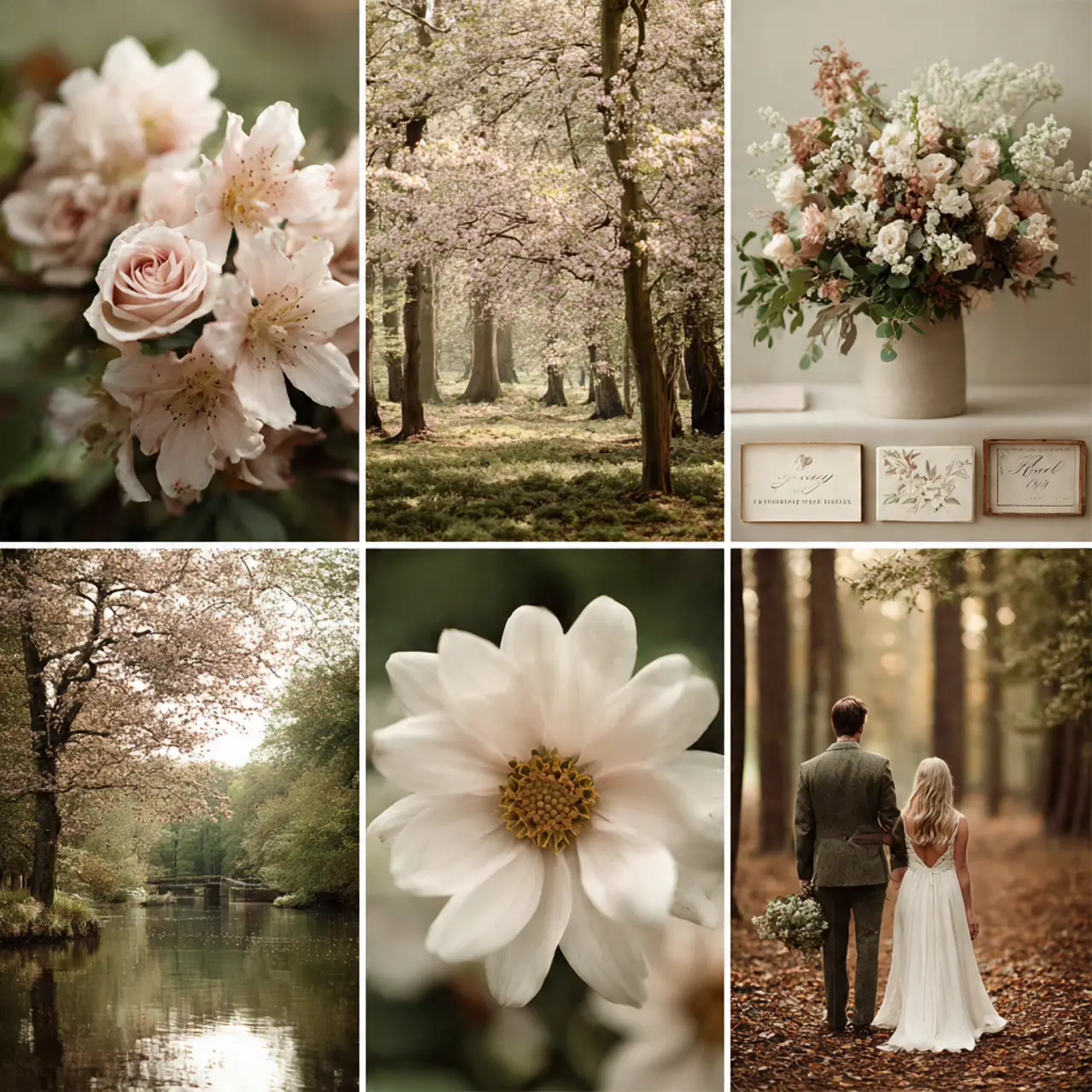24 Wedding Planner Duties and Responsibilities for Seamless Weddings”
Due to Wedding Planner Duties, A wedding looks effortless when it unfolds with grace. But behind every quiet cue, every perfectly timed reveal, every candle that stays lit through the wind, stands a wedding planner—strategist, negotiator, designer, problem-solver.
This guide cuts through the fluff. Spartan tone. Real expectations. True scope of work.
Twenty-four core domains shape the daily life and professional responsibilities of a planner.
Understanding Client Vision and Values

A Wedding Planner Duties begins by uncovering what the couple wants but cannot yet articulate. The wedding planner duties here revolve around extracting vision, tone, priorities, non-negotiable, and emotional intent. No embellishment. Just clarity.
The planner uses interviews, mood board, story-mapping, and structured questionnaires to define the heartbeat of the event. Without this foundation, every later decision collapses.
Budget Structuring and Financial Discipline

Money shapes possibility. A Wedding Planner Duties creates a hard financial framework and protects it. They divide funds across venue, décor, catering, attire, photography, entertainment, logistics, hospitality, and contingency buffers.
They estimate realistic vendor ranges. They prevent overspending. They track every transaction.
They stand between a couple and chaos.
Venue Research and Site Analysis

A core wedding Wedding Planner Duties is selecting the right venue.This requires not just beauty—but feasibility. The planner studies guest count, accessibility, weather, indoor-outdoor flexibility, noise limitations, vendor restrictions, parking, room flow, and power capacity.
They compare layouts, negotiate walkthroughs, and foresee problems hidden in fine print.
Vendor Sourcing and Quality Control
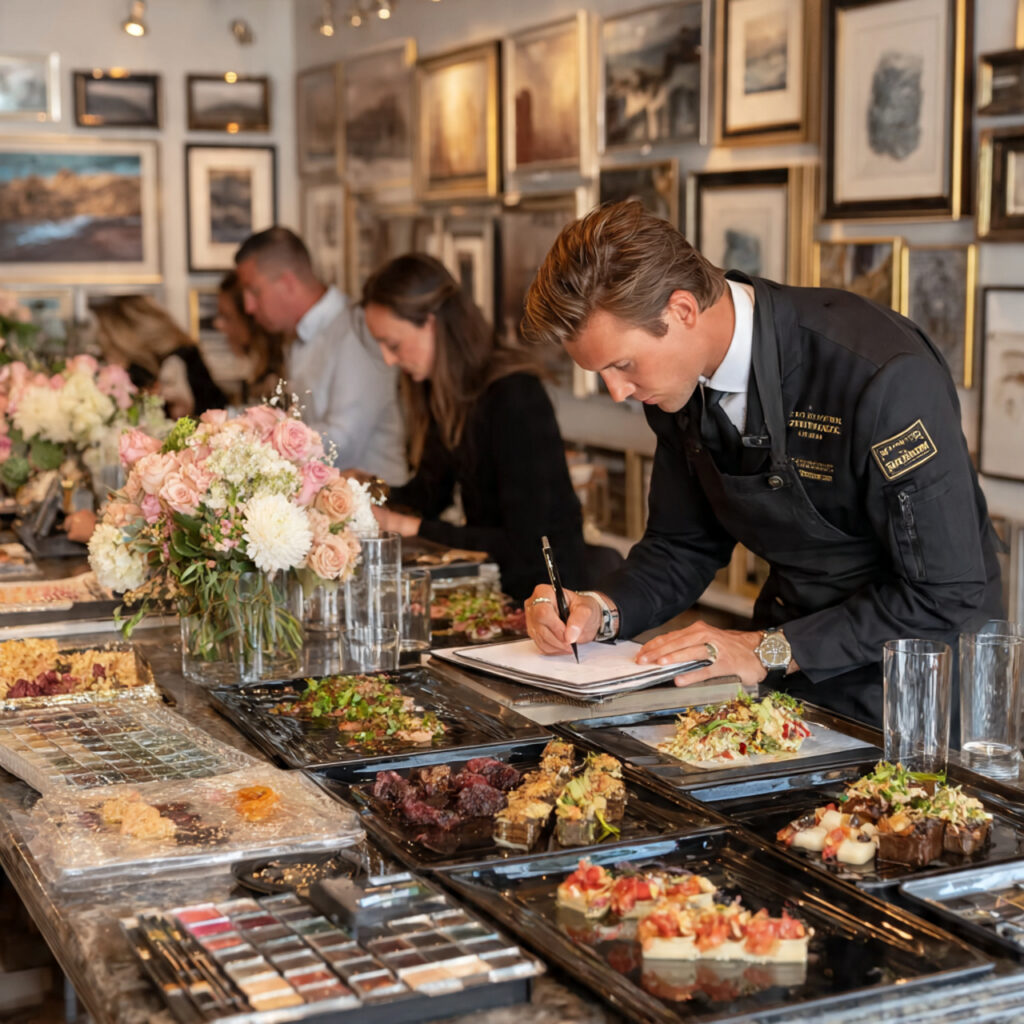
A Wedding Planner Duties builds a network of honest, capable vendors—caterers, decorators, DJs, photographers, florists, valet teams, lighting crews, security, rental companies. They know who delivers consistently. They match vendors to the client’s budget, style, and expectations.
They verify licenses, contracts, portfolio strength, and availability.
Contract Review and Negotiation

Every wedding relies on multiple legal agreements. The Wedding Planner Duties reads all contracts—venue, entertainment, décor, catering, staging, rentals. They secure better rates, include essential clauses, remove exploitative conditions, and align deliverables with the vision.
This is one of the most strategic wedding planner duties because it protects clients from hidden traps.
Timeline Construction and Workflow Design

Without order, the wedding collapses.
The planner builds a structured timeline:
– Pre-wedding tasks
– Vendor checkpoints
– Rehearsal schedules
– Setup cues
– Ceremony breakdown
– Reception sequence
– Load-out plan Every task has a time. Every time has an owner. This timeline becomes the control center.
Creative Direction and Event Aesthetics

Beyond logistics, a Wedding Planner Duties curates mood. Colour palettes, textures, floral, lighting warmth, seating styles, stationery tone, aisle design, stage composition—each detail connects to the narrative. The planner ensures cohesion from invitation to farewell. This is artistry with discipline.
Decor Coordination and Production Oversight
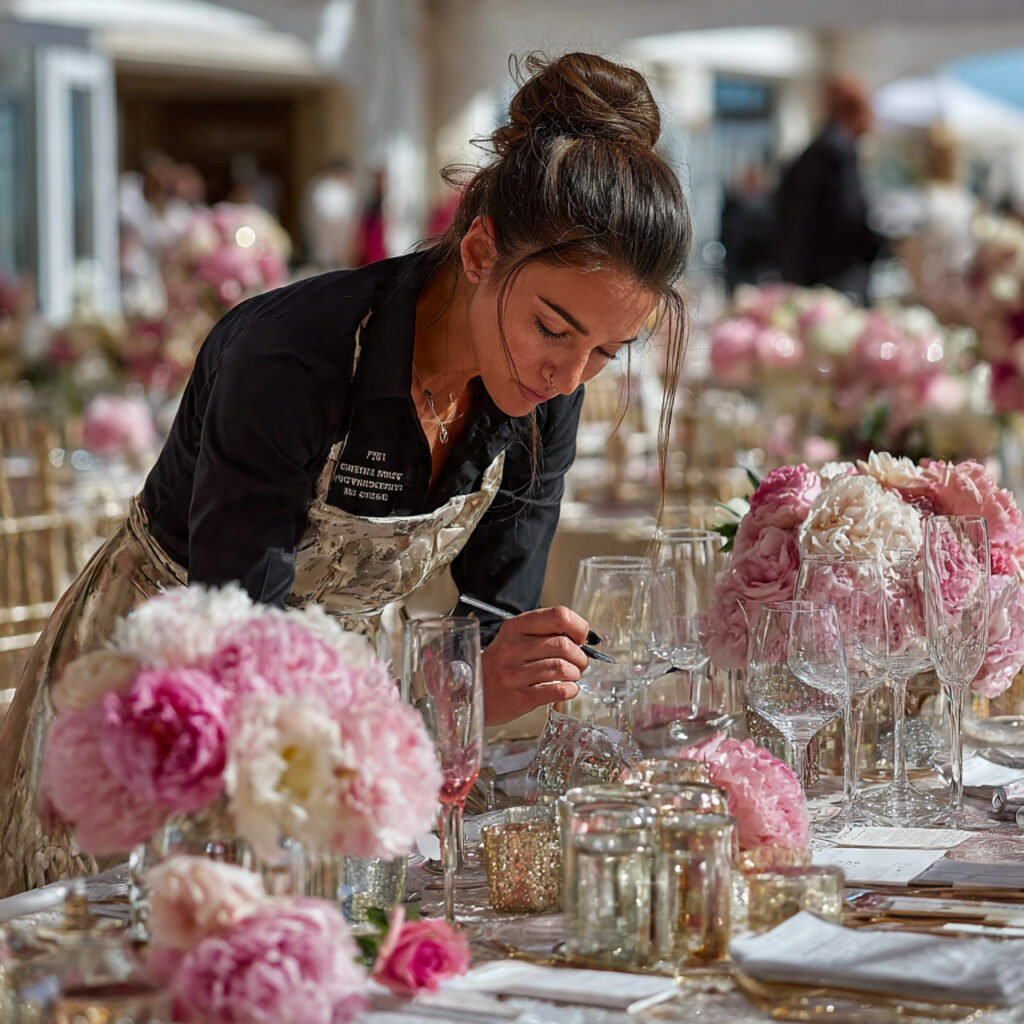
Wedding Planner Duties translate creative direction into physical reality.
They align decorators, florists, rental suppliers, lighting crews, stage builders, prop designers, and signage printers. They approve samples, supervise fabrication, and correct deviations before the wedding day. This prevents costly last-minute disasters.
Catering Management and Menu Planning
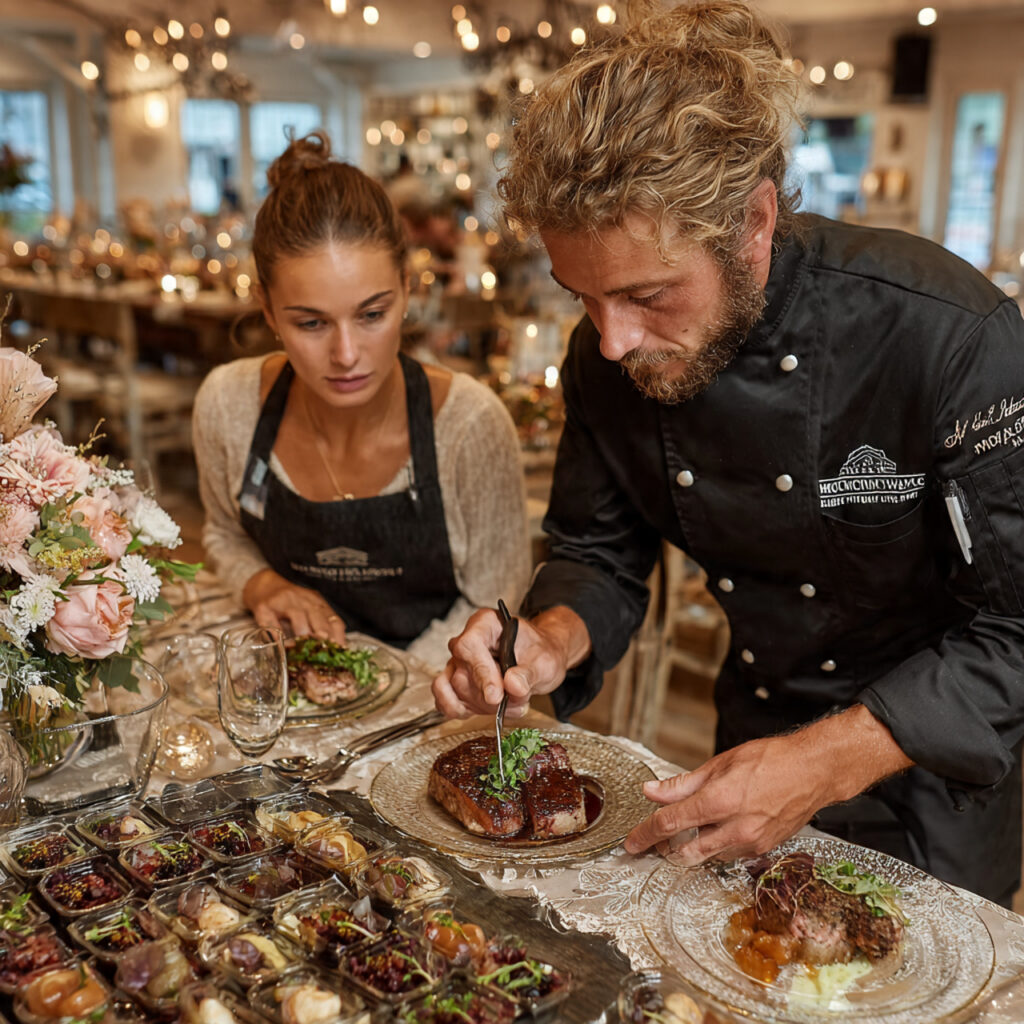
Food defines hospitality. The Wedding Planner Duties handles tasting sessions, dietary concerns, service style choices (buffet, plated, family-style, live counters), and quantity planning.
They check whether the kitchen meets hygiene standards and ensure caterers understand the timeline.
Guest Experience and Hospitality Solutions
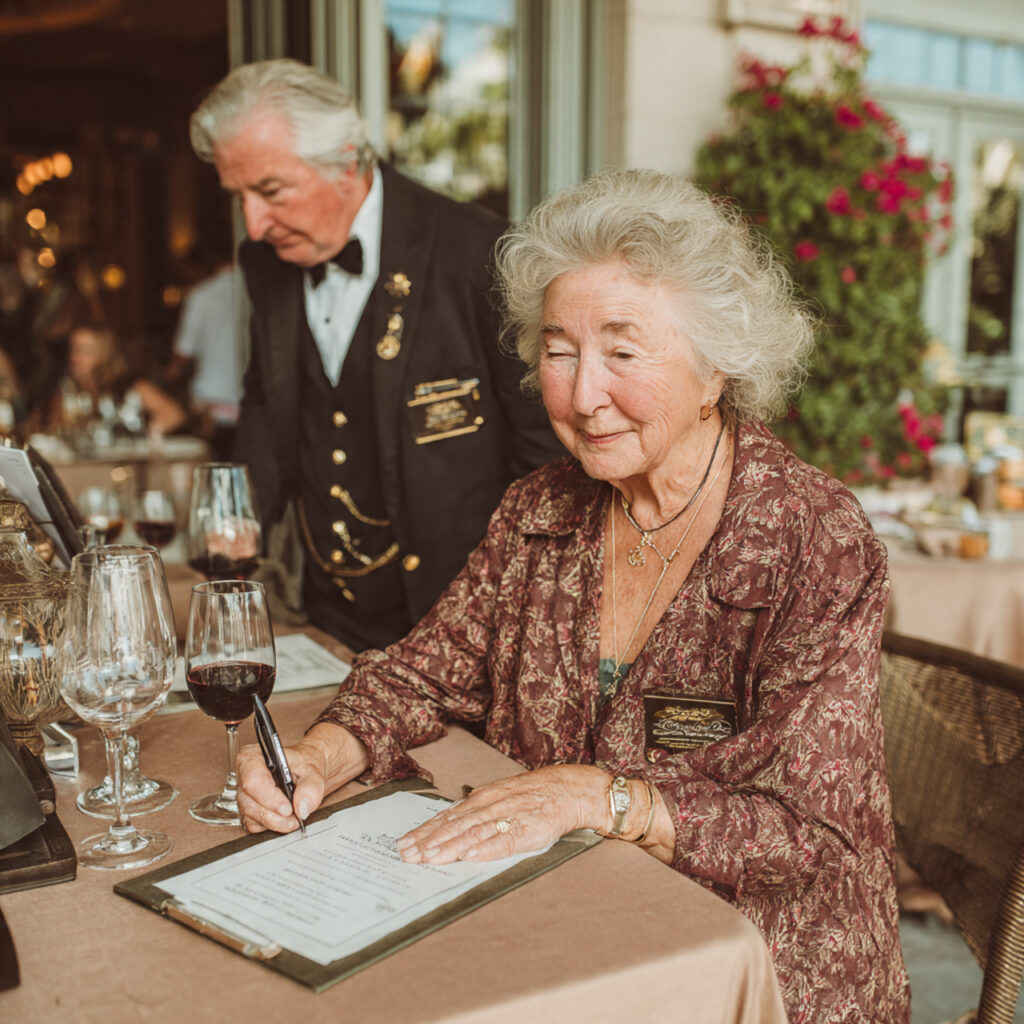
Wedding planner duties extend to guest comfort. They structure RSVPs, escort accommodation arrangements, airport transfers, welcome kits, seating charts, elderly assistance, communication channels, and emergency support. A well-hosted guest becomes part of the wedding story.
Invitation Design and Stationery Coordination
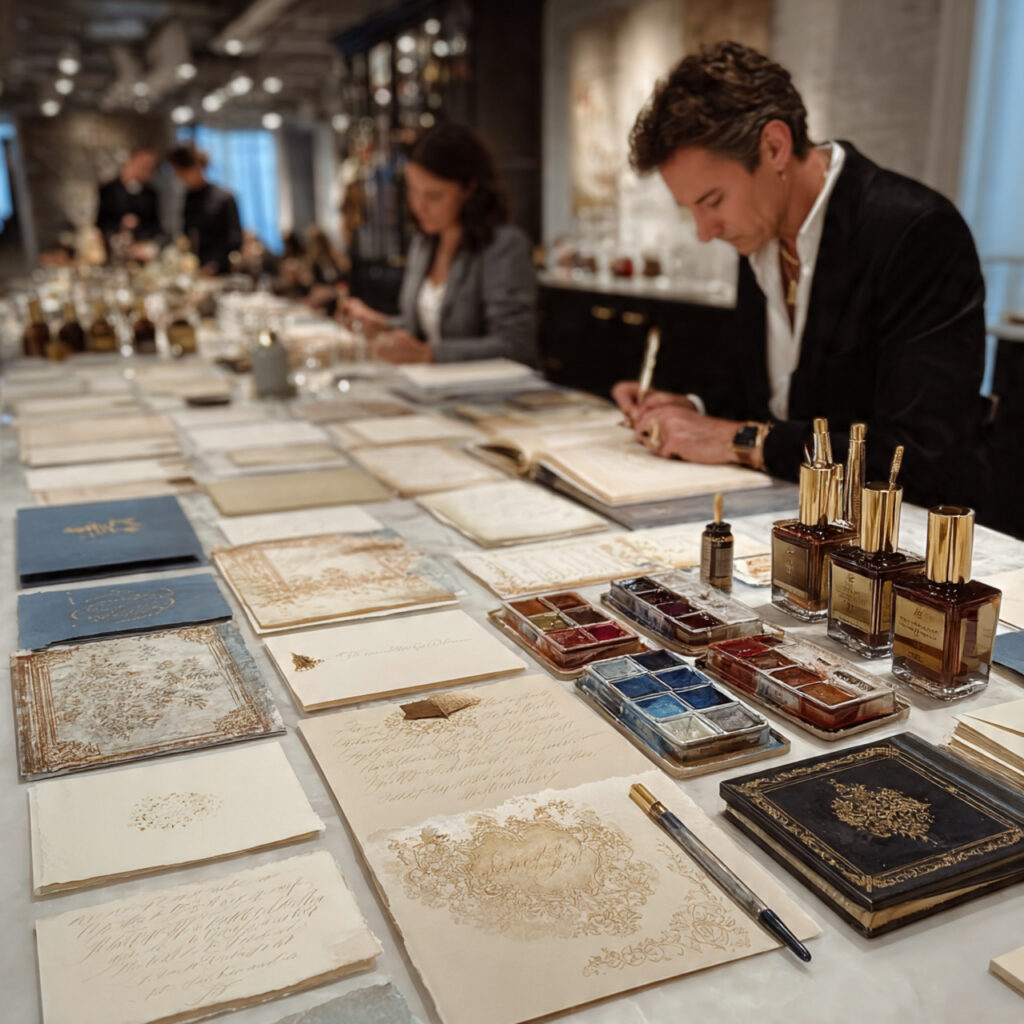
Wedding Planner Duties are Planners guide the couple through save-the-dates, main invitations, inserts, envelopes, signage, menus, place cards, and custom illustrations. They coordinate with designers and printers, ensuring accuracy, timely dispatch, and consistent aesthetics.
Photography and Videography Direction

As a Wedding Planner Duties ensures memories are documented with purpose.
They arrange shot lists, family groupings, location scouting, timing for golden hour, permissions for drone footage, and coordination with venue management. They shield photographers from disruptions so they can focus on storytelling.
Entertainment Planning and Artist Coordination
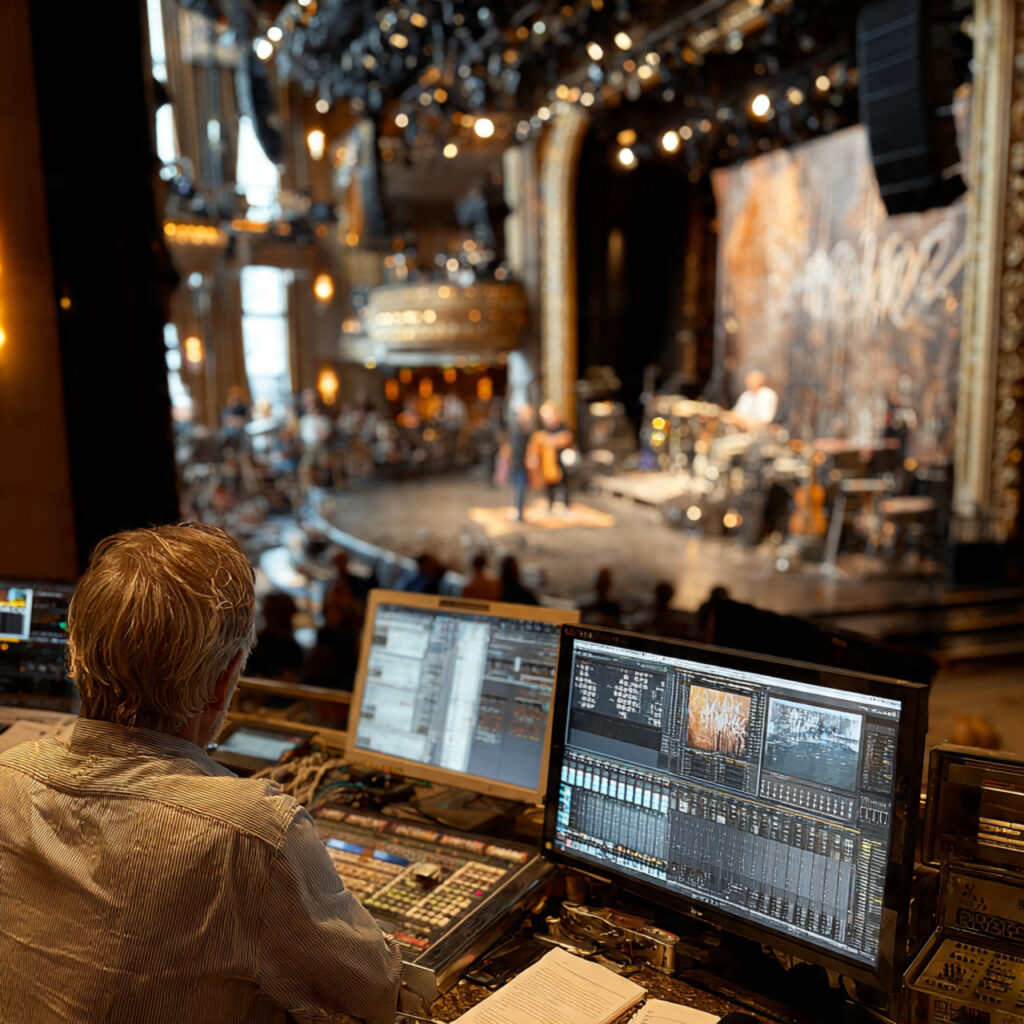
Bands, DJs, folk performers, fire shows, comedians, hosts—entertainment brings energy.
A planner books talent, manages stage requirements, handles payments, arranges rehearsals, confirms sound checks, and avoids scheduling conflicts.
Logistics and Transportation Management
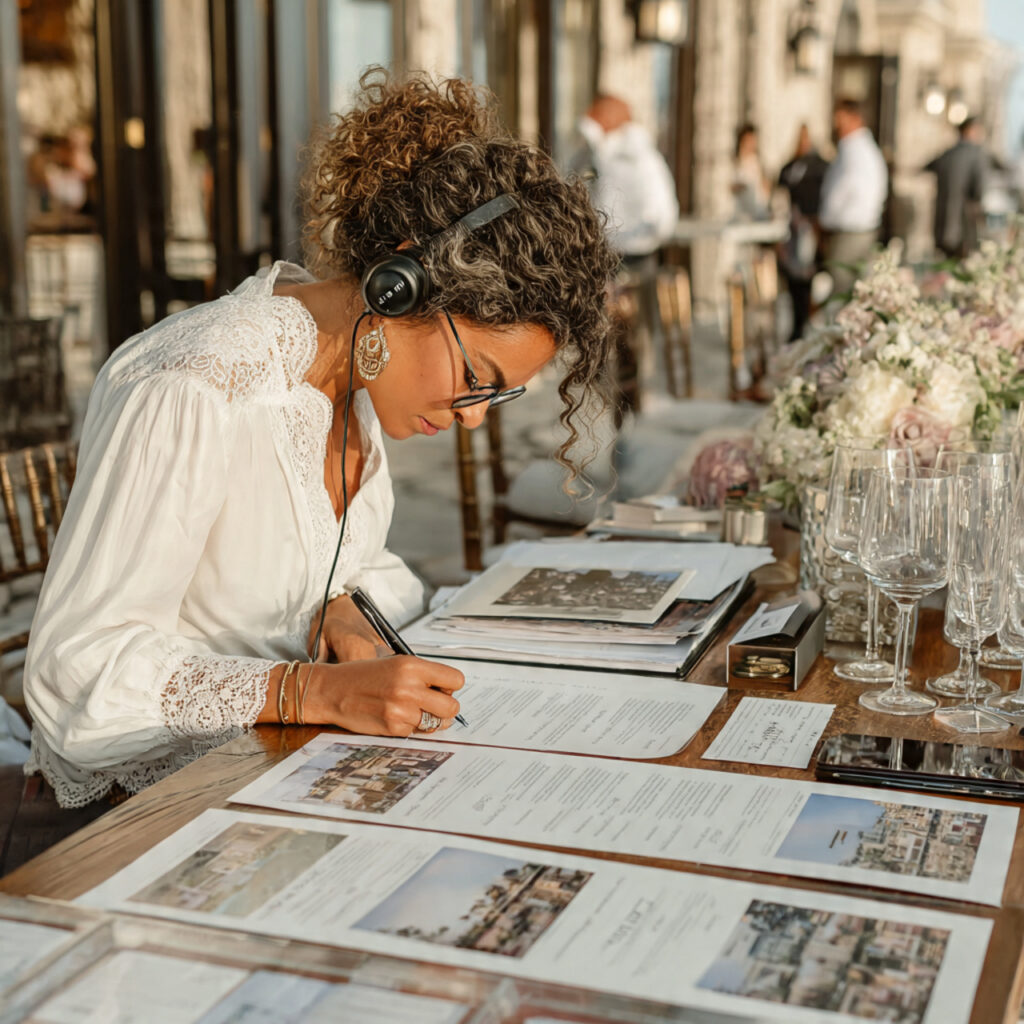
Guest shuttles, valet teams, vendor trucks, décor vehicles, generator vans—movement must be controlled. A wedding planner calculates travel time, assigns coordinators, creates route maps, and prepares backups for delays and emergencies. They anticipate traffic, crowd flow, and security checkpoints.
Ceremony Coordination and Ritual Management
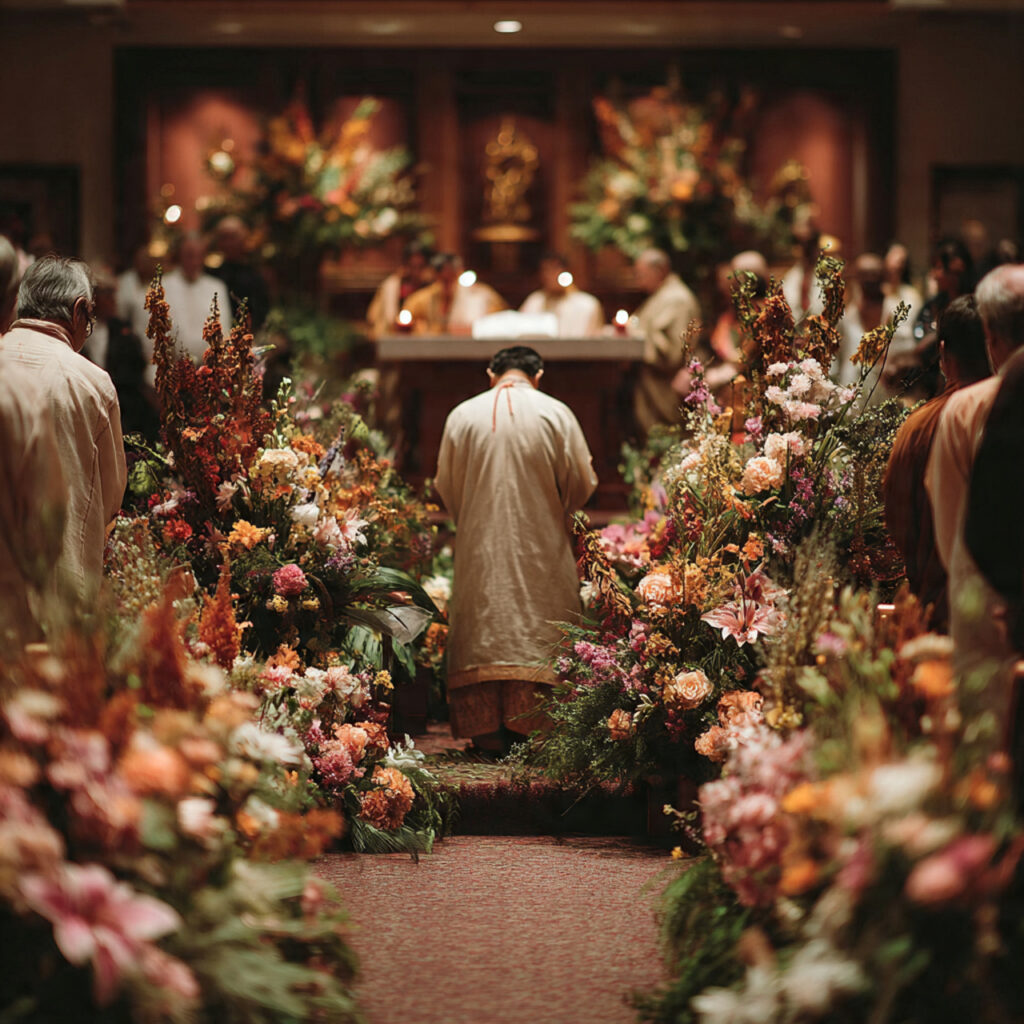
Every culture carries rituals requiring precision. The Wedding Planner Duties manages sequence, placement, symbolic items, timing, participants, elders, priests, and translators if needed. eliminate confusion so the couple can remain present.
Rehearsal Orchestration and Protocol Training

The Wedding Planner Duties conducts rehearsals, ensuring key roles understand cues—bridal party, ring bearers, parents, hosts, musicians, and ushers. They teach walking pace, spacing, speech timing, entrance order, mic handling, and etiquette.
Structure prevents awkwardness.
Risk Assessment and Emergency Preparedness

Evacuation routes.
Medical help.
Weather shifts.
Vendor failure.
Power outages.
Crowd control.
The planner prepares for scenarios guests never notice.
This silent protection is one of the most overlooked wedding planner duties.
Communication Management and Multi-Team Coordination

The Wedding Planner Duties becomes the single point of truth. No mixed messages. No confusion. They maintain continuous contact with vendors, family, and venue staff—tracking progress, solving problems, and realigning timelines. Clear communication prevents chaos.
On-Day Coordination and Operations Control
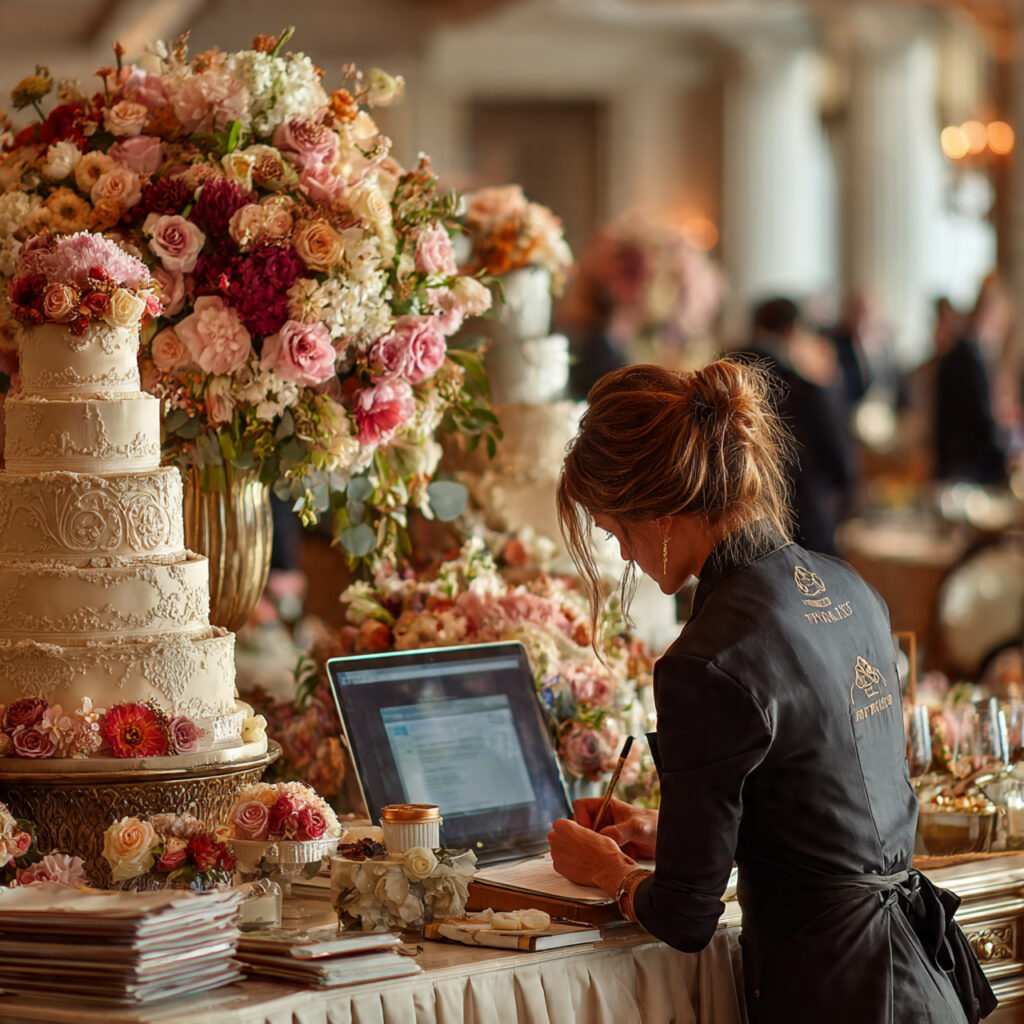
The wedding day demands intense presence. one of the Wedding Planner Duties, Planners arrive early, supervise setups, inspect décor, manage vendor arrival sequence, monitor food service, guide the ceremony, cue entrances, solve problems quietly, handle payments, and maintain schedule integrity. They steer the event from start to finish.
Conflict Mediation and Emotional Management

Weddings carry stress. Family disagreements, vendor mistakes, timing pressures—planners stand between emotion and escalation. They diffuse tension with calm authority. Soft skills protect the event as much as hard logistics.
Post-Event Management and Vendor Closing

After the celebration, a planner handles load-out, damage checks, deposit returns, post-event payments, gratitude notes, rental returns, and leftover item distribution. This ensures clean closure.
Sustainability Planning and Waste Control
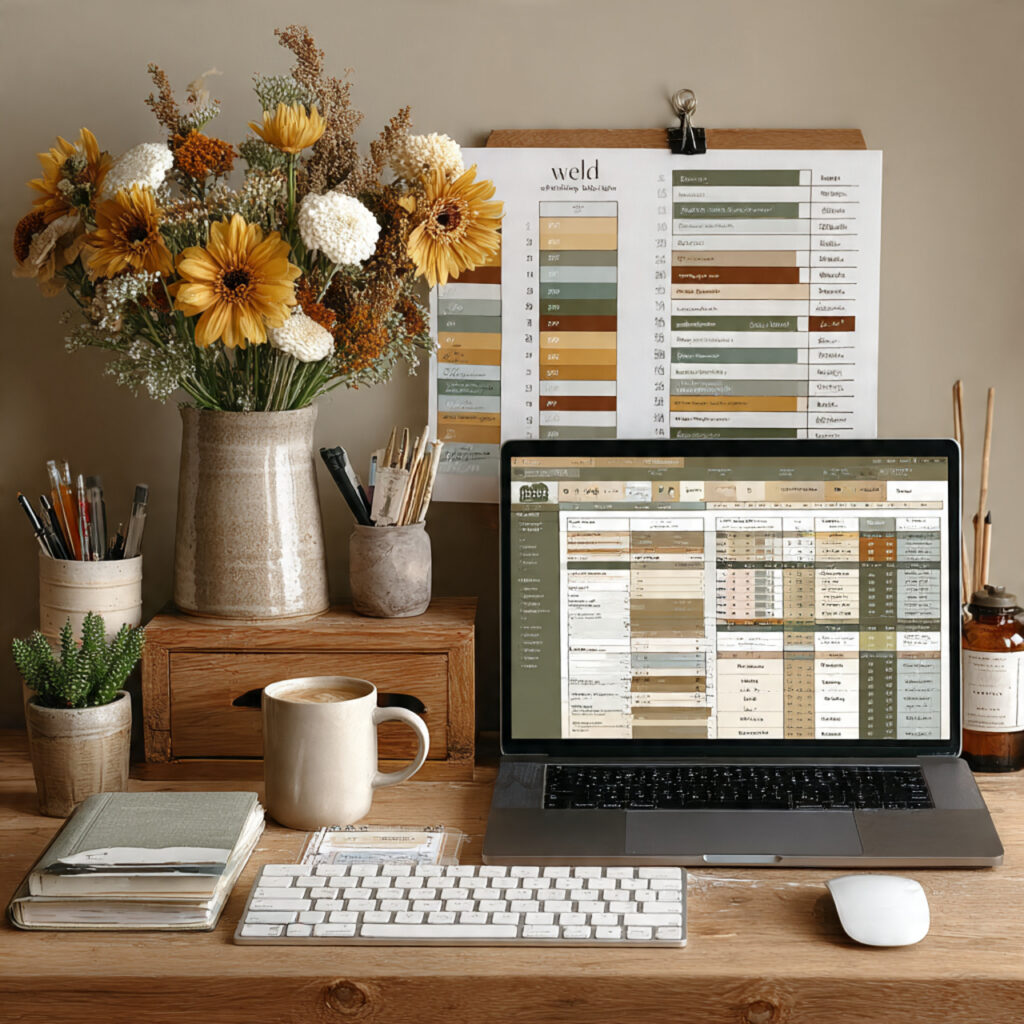
Modern weddings demand responsibility. The planner incorporates eco-friendly décor, reduced plastic, donation pathways for food and flowers, efficient energy usage, and ethical vendor choices. This minimizes footprint without reducing beauty.
Long-Term Project Management and Client Peace
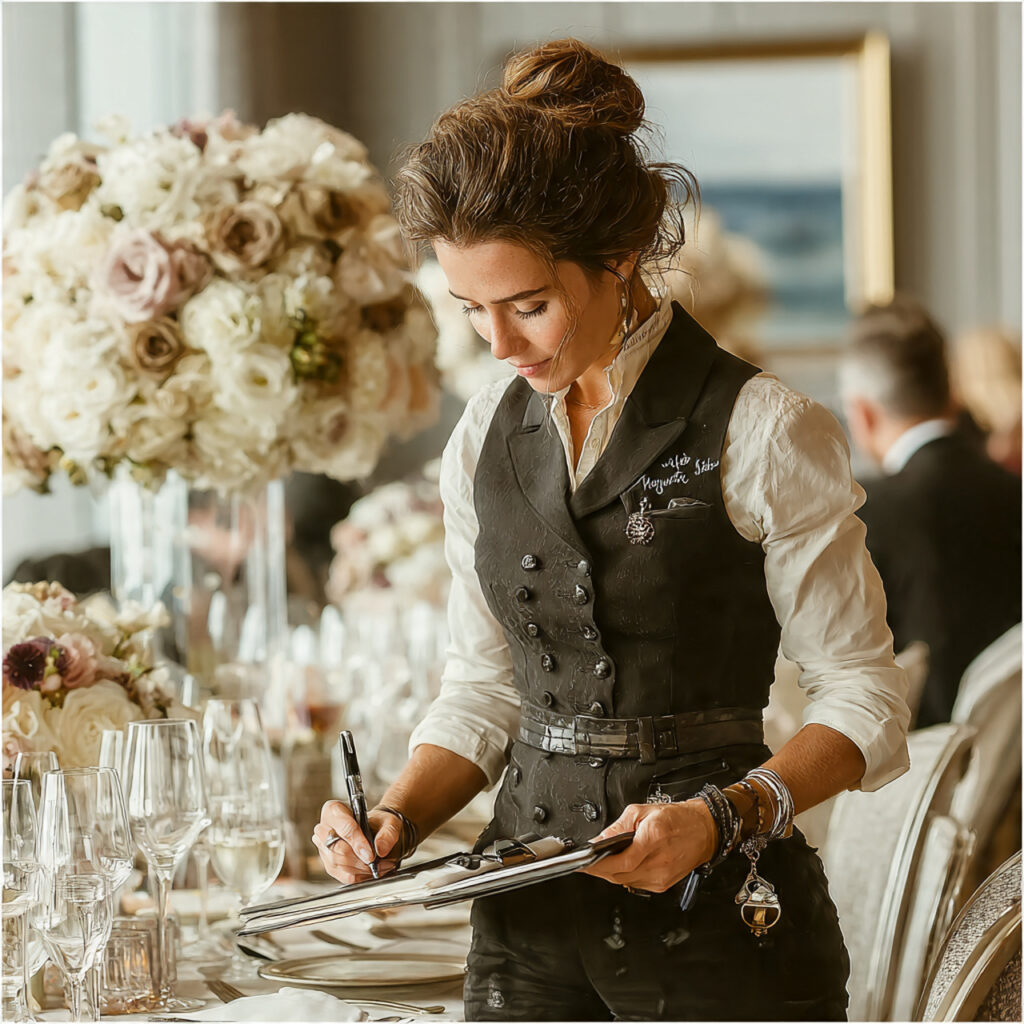
Across months of preparation, the planner maintains structure.
They track deadlines, maintain transparency, deliver reports, and keep the couple stress-free.
Their discipline becomes the backbone of the wedding.
Frequently Asked Questions
What is the most important Wedding Planner Duties?
The core duty is control—of time, money, vendors, and experience. Without management, creativity collapses. The planner’s central responsibility is maintaining order across every moving part.
Do wedding planners stay until the event ends?
Yes. Most stay from setup through load-out, ensuring vendors exit correctly, payments finalize, and no damage claims arise. Their presence prevents last-minute complications.
How early should a couple hire a wedding planner?
Ideally 9–12 months before the wedding. This allows enough time for venue bookings, vendor selection, contracts, and structured planning before peak-season shortages.
Can a wedding planner save money for the couple?
Absolutely. Their vendor network, contract negotiation skills, budget discipline, and fraud avoidance often save more than their fee. They prevent costly errors and impulsive overspending.
What does a wedding planner do on the wedding day itself?
They control the event flow—managing vendors, cueing entrances, solving problems, verifying décor, overseeing catering, handling emergencies, and ensuring the couple never feels stress.
Conclusion
Wedding planner duties reach far beyond decoration or coordination. A planner is strategist, protector, negotiator, creative partner, and operational commander. Their role shapes the emotional and logistical structure of the wedding.
Where others see a celebration, they see a mission—one that begins long before the vows and ends only when the lights fade and every detail rests in place.

